 What is the Certified Rural Health Clinic Professional Course (CRHCP) ?
What is the Certified Rural Health Clinic Professional Course (CRHCP) ?
RHCs have unique rules and regulations that require specialized knowledge and expertise. The course is designed specifically for Directors, Clinic Administrators, and other RHC leaders and covers all aspects of operating a successful RHC, including federal and state regulations, billing and coding, financial management, human resources, and more. Industry experts will provide you with the tools and resources needed to effectively manage your clinic, ensuring that it thrives and grows.
Scholarships:
We are excited to offer a limited number of scholarships valued at $600 for those interested in completing the course! Applications must be received by August 31st, 2023. Click here to download and fill out the application. Please return it to Christin McWhorter, [email protected].
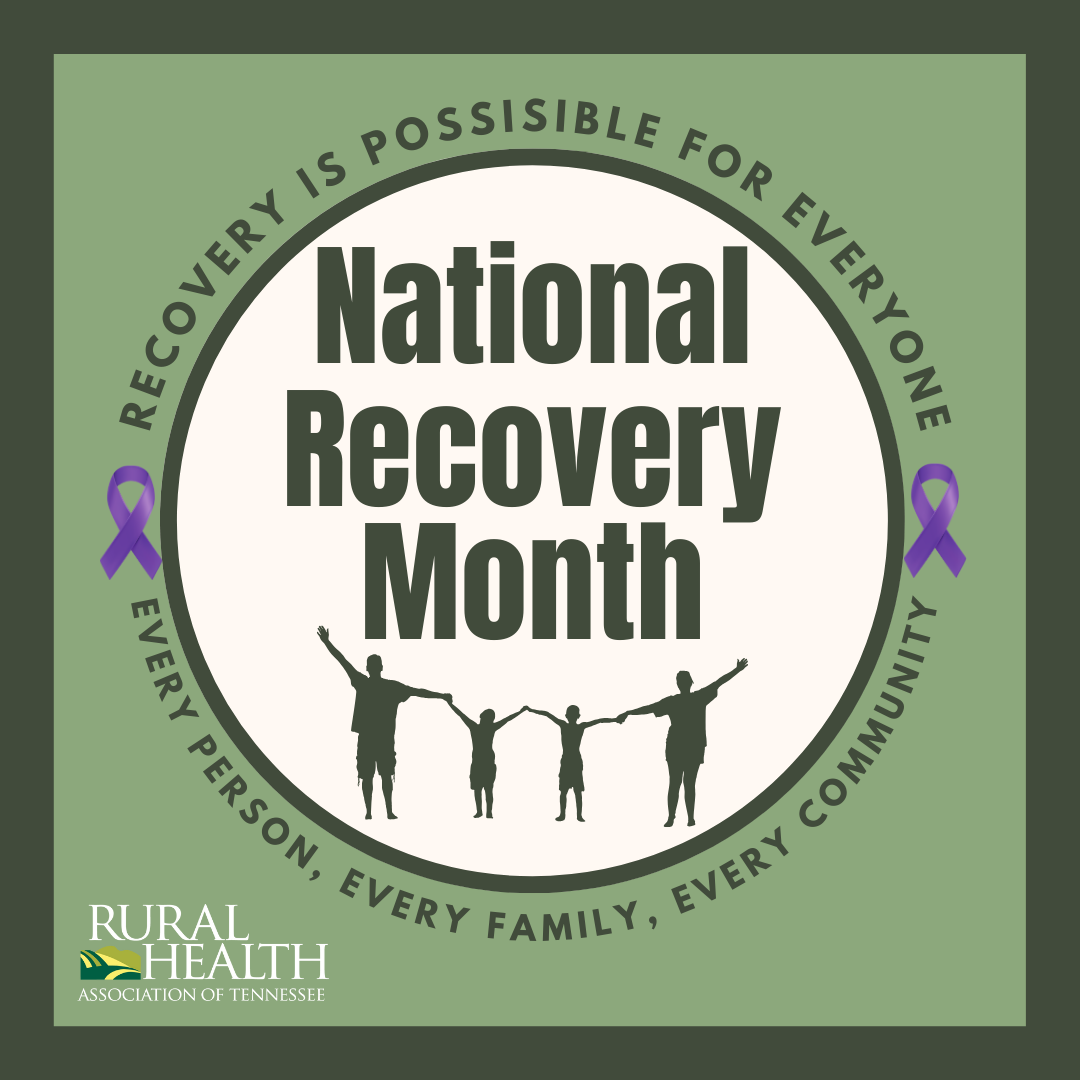 National Recovery Month aims to educate Americans that substance use treatment and mental health services can enable those with a mental and/or substance use disorder to live a healthy and rewarding life.
National Recovery Month aims to educate Americans that substance use treatment and mental health services can enable those with a mental and/or substance use disorder to live a healthy and rewarding life.

 Why attend?
Why attend?

 September 23, 2023
September 23, 2023
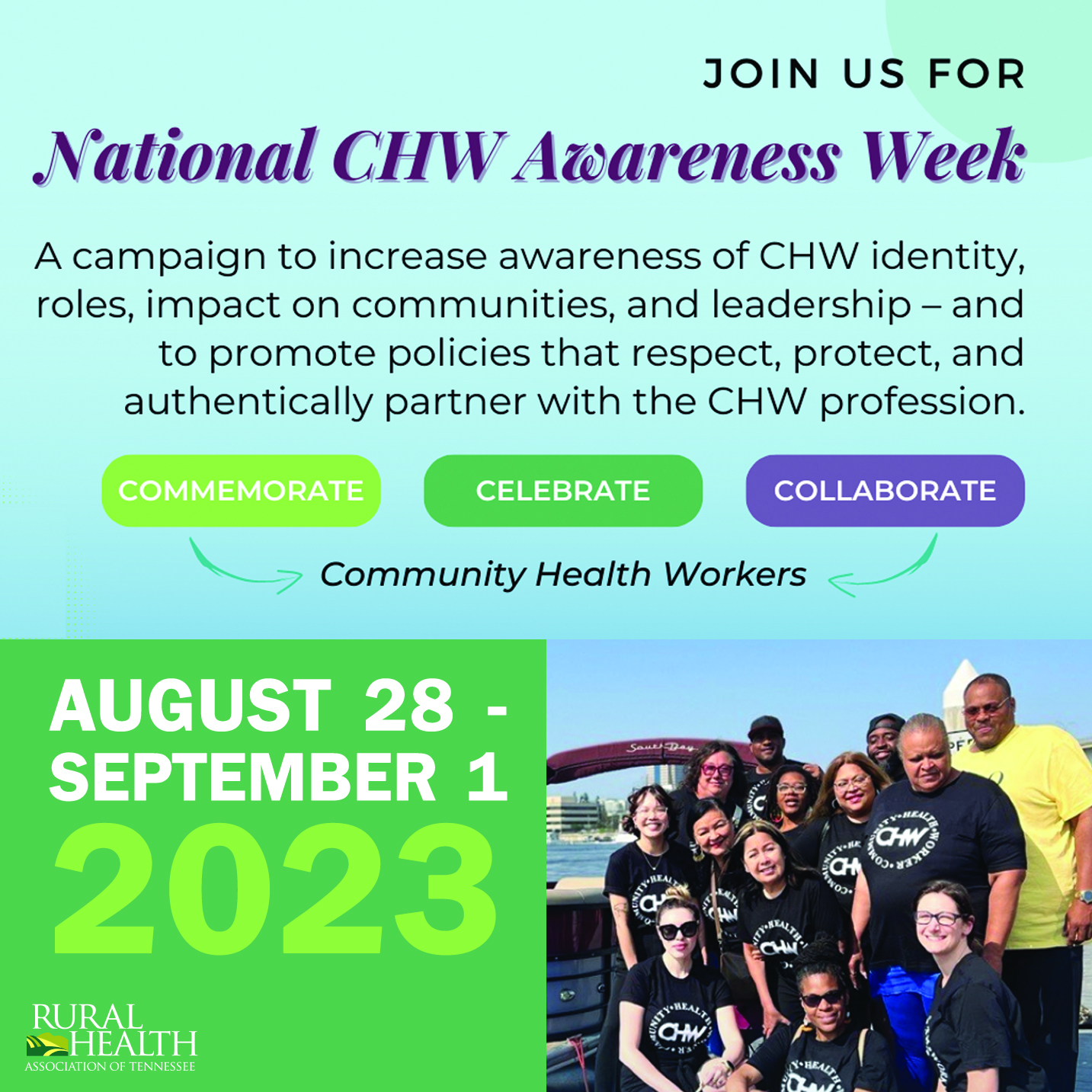
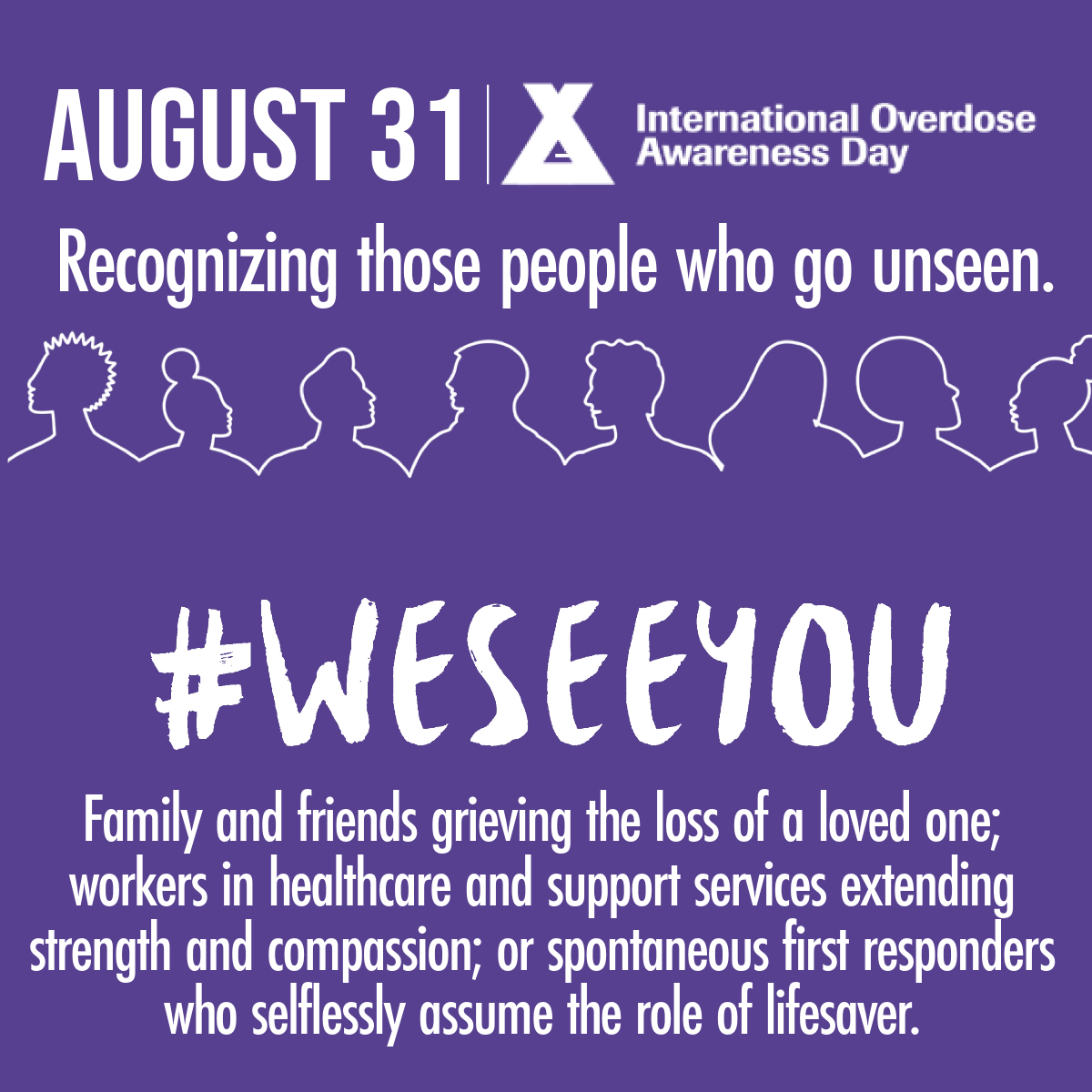 Time to Remember. Time to Act. Overdose touches people and communities in many ways.
Time to Remember. Time to Act. Overdose touches people and communities in many ways. 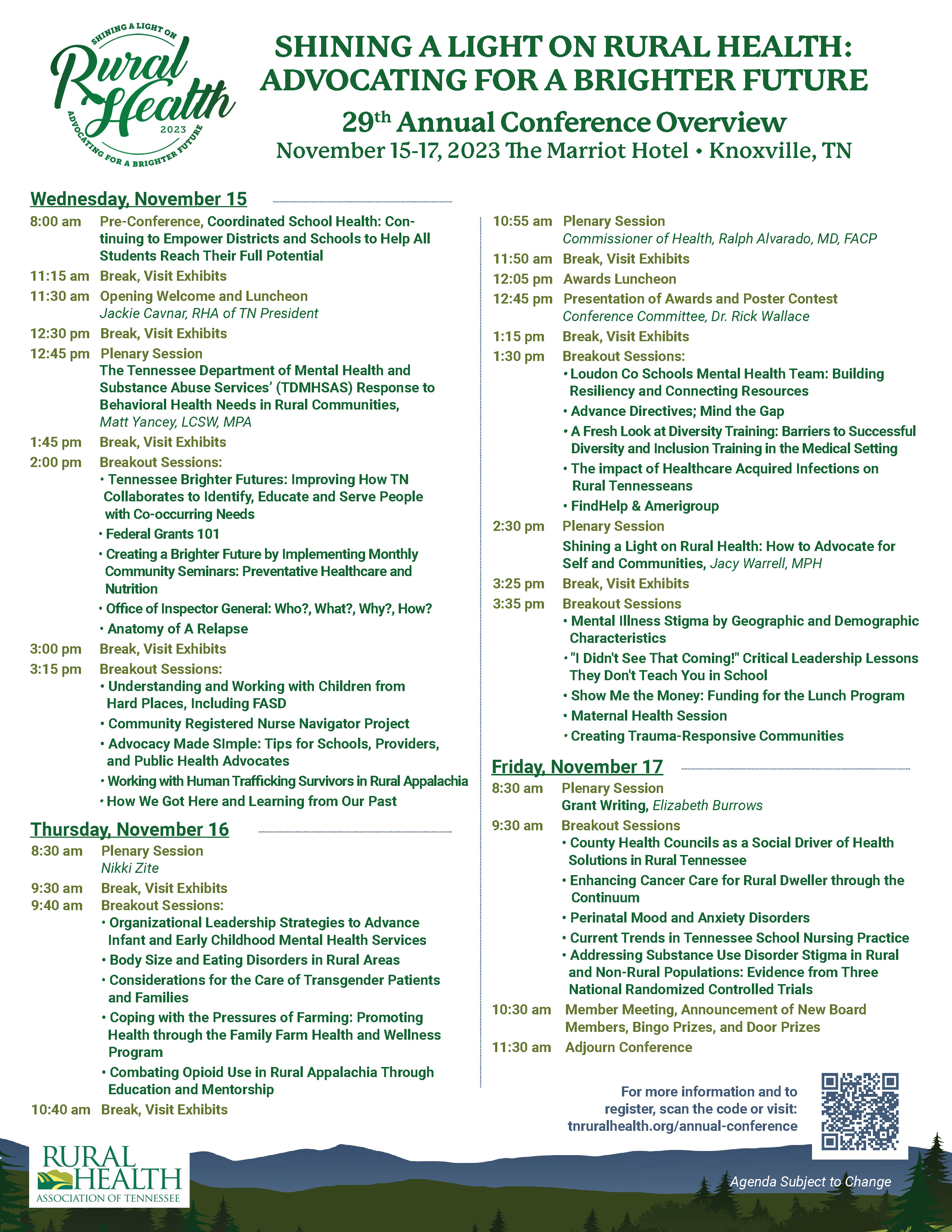 Conference Overview
Conference Overview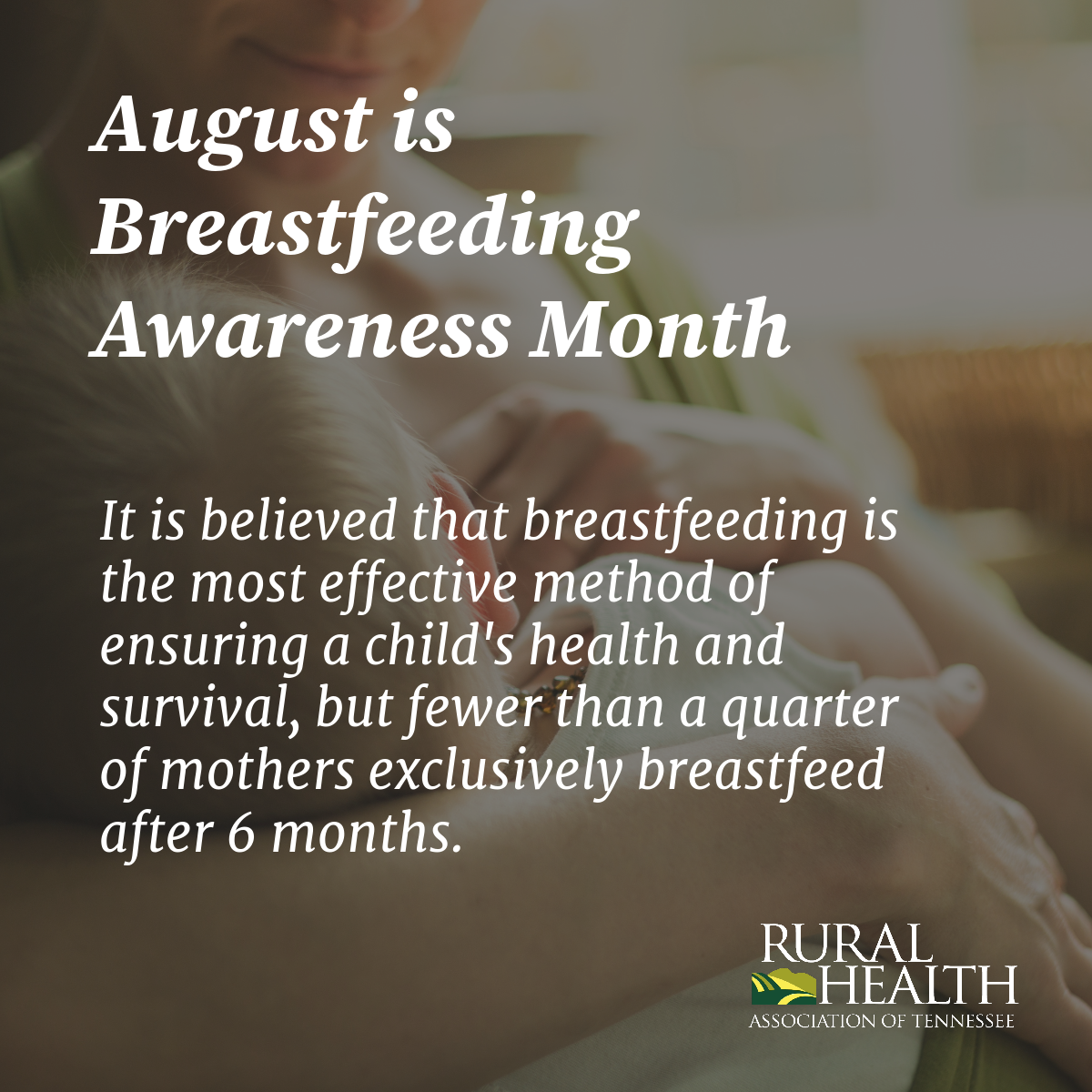
 In order to achieve health equity, access barriers need to be removed and high quality, need-based resources allocated. Health equity promotion is the aspirational guarantee of optimal health for all.
In order to achieve health equity, access barriers need to be removed and high quality, need-based resources allocated. Health equity promotion is the aspirational guarantee of optimal health for all.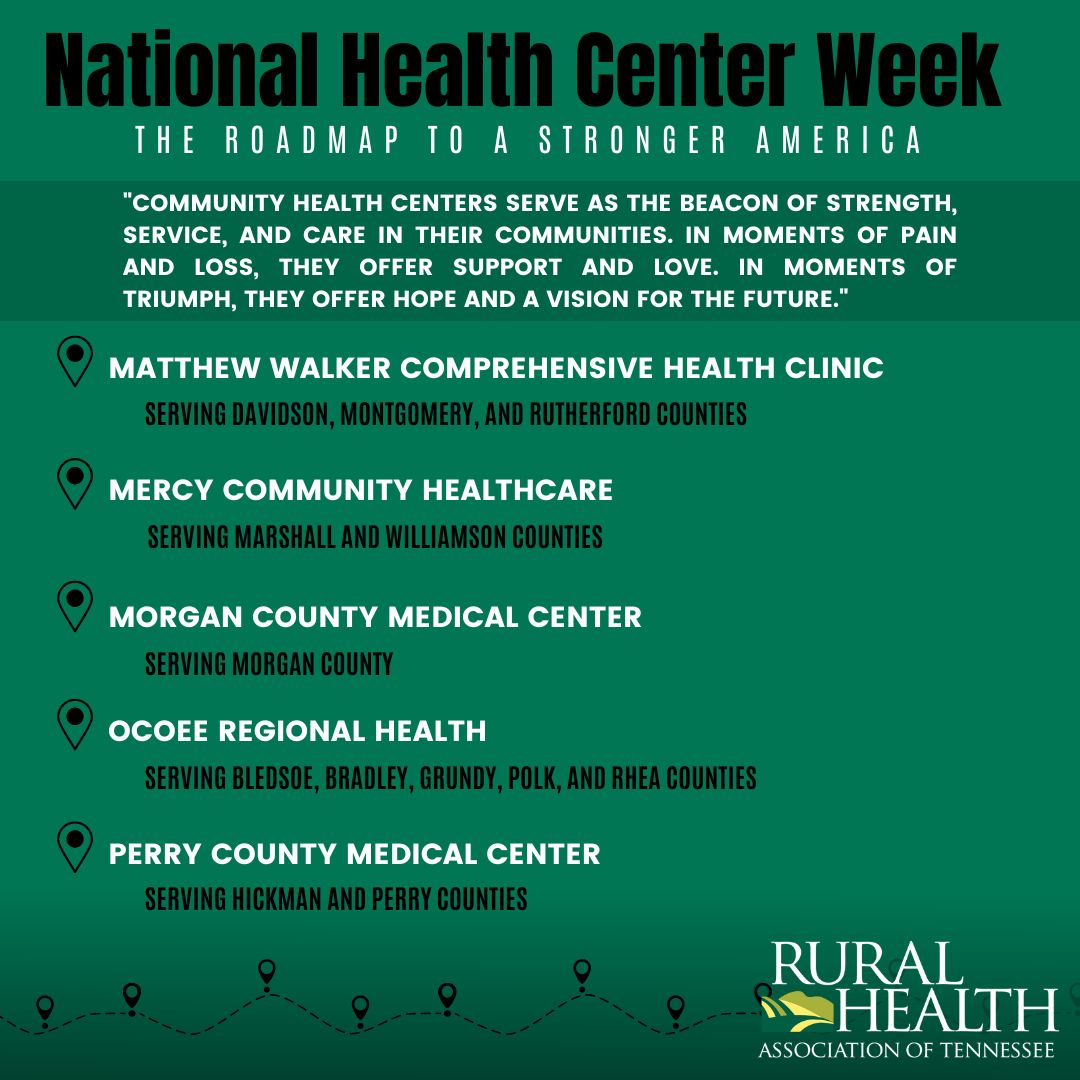

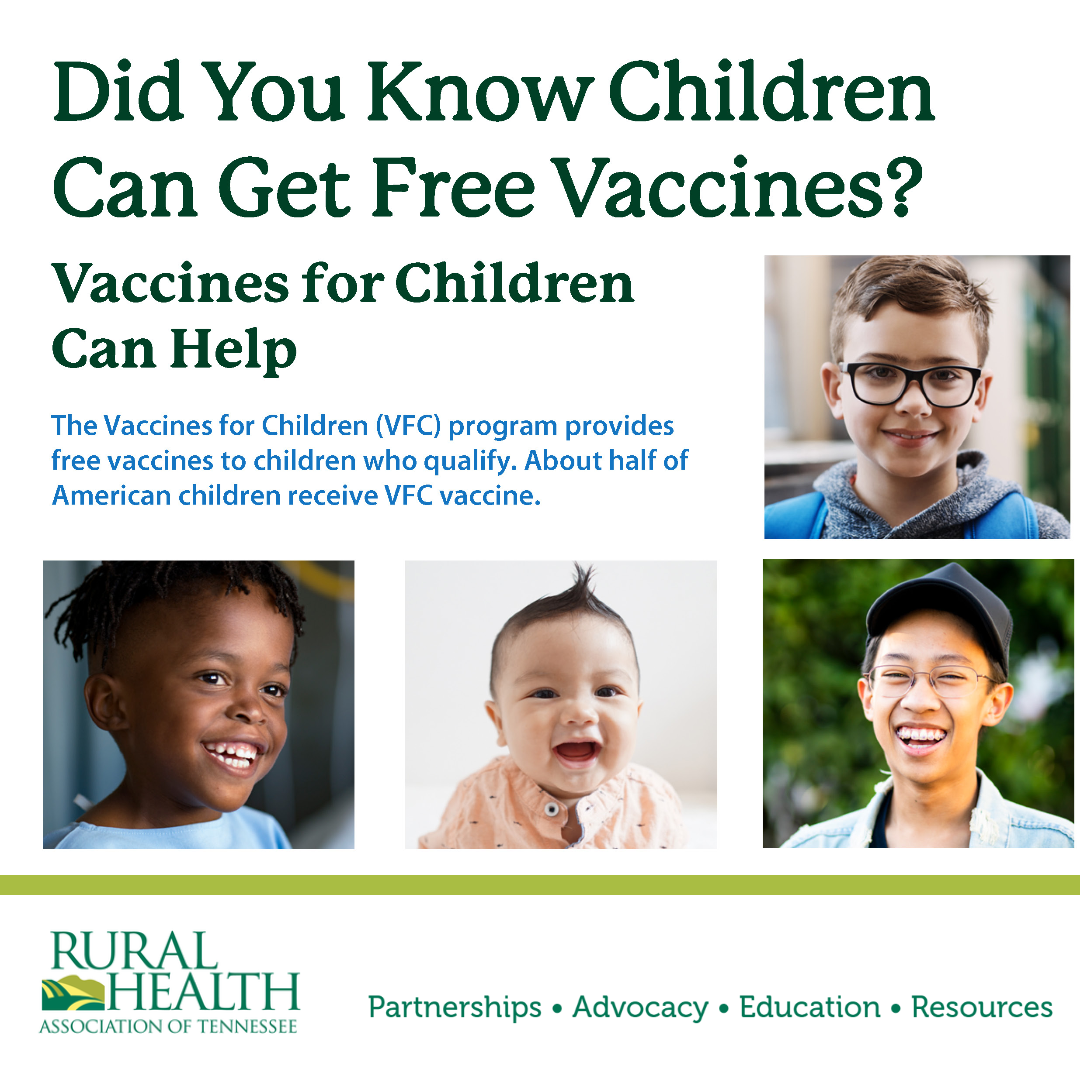
 What is the Certified Rural Health Clinic Professional Course (CRHCP) ?
What is the Certified Rural Health Clinic Professional Course (CRHCP) ?
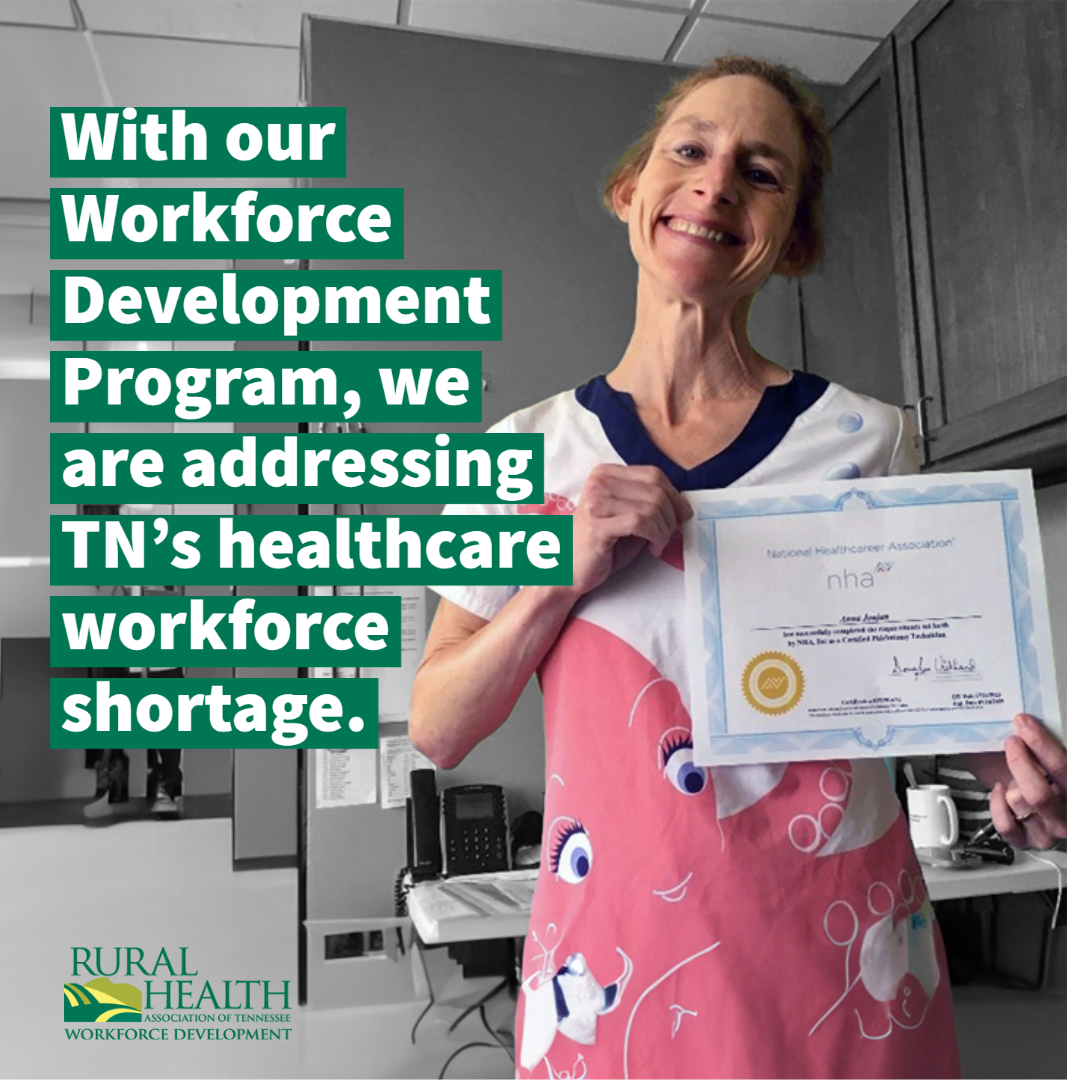 We proudly announce that Anna Jaujan, an employee at
We proudly announce that Anna Jaujan, an employee at 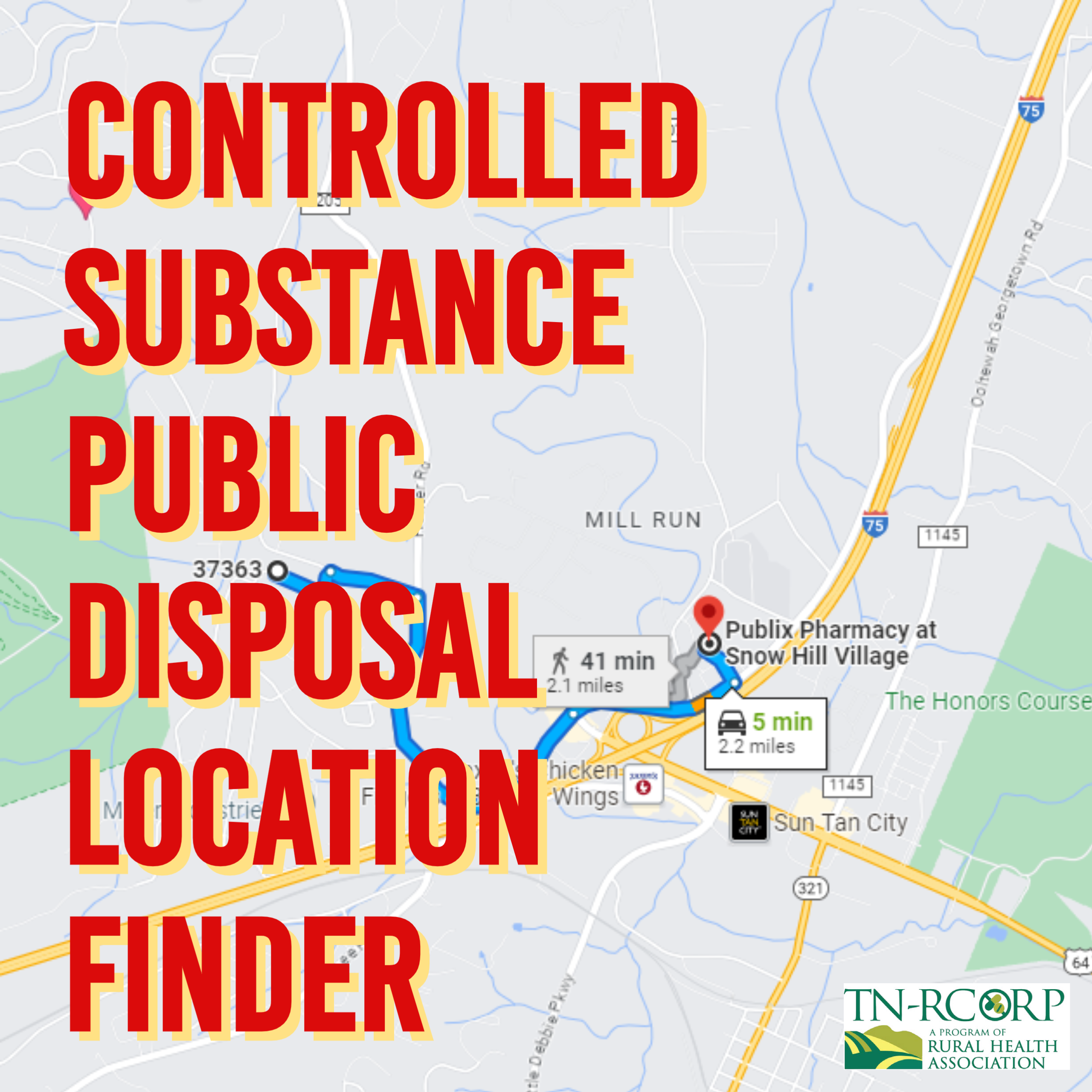 The Drug Enforcement Administration (DEA) offers a search tool to enable users to find a safe and environmentally responsible way to dispose of medications by identifying public disposal locations for prescription drugs, over-the-counter medicines, and other pharmaceuticals.
The Drug Enforcement Administration (DEA) offers a search tool to enable users to find a safe and environmentally responsible way to dispose of medications by identifying public disposal locations for prescription drugs, over-the-counter medicines, and other pharmaceuticals. Dorothy Monroe and Jennifer Strope are nurse practitioners at Sweetwater Family Medicine in Sweetwater, TN. As participants of RHA's Workforce Development Program, they attended, completed, and received certifications in Suturing and Injections.
Dorothy Monroe and Jennifer Strope are nurse practitioners at Sweetwater Family Medicine in Sweetwater, TN. As participants of RHA's Workforce Development Program, they attended, completed, and received certifications in Suturing and Injections.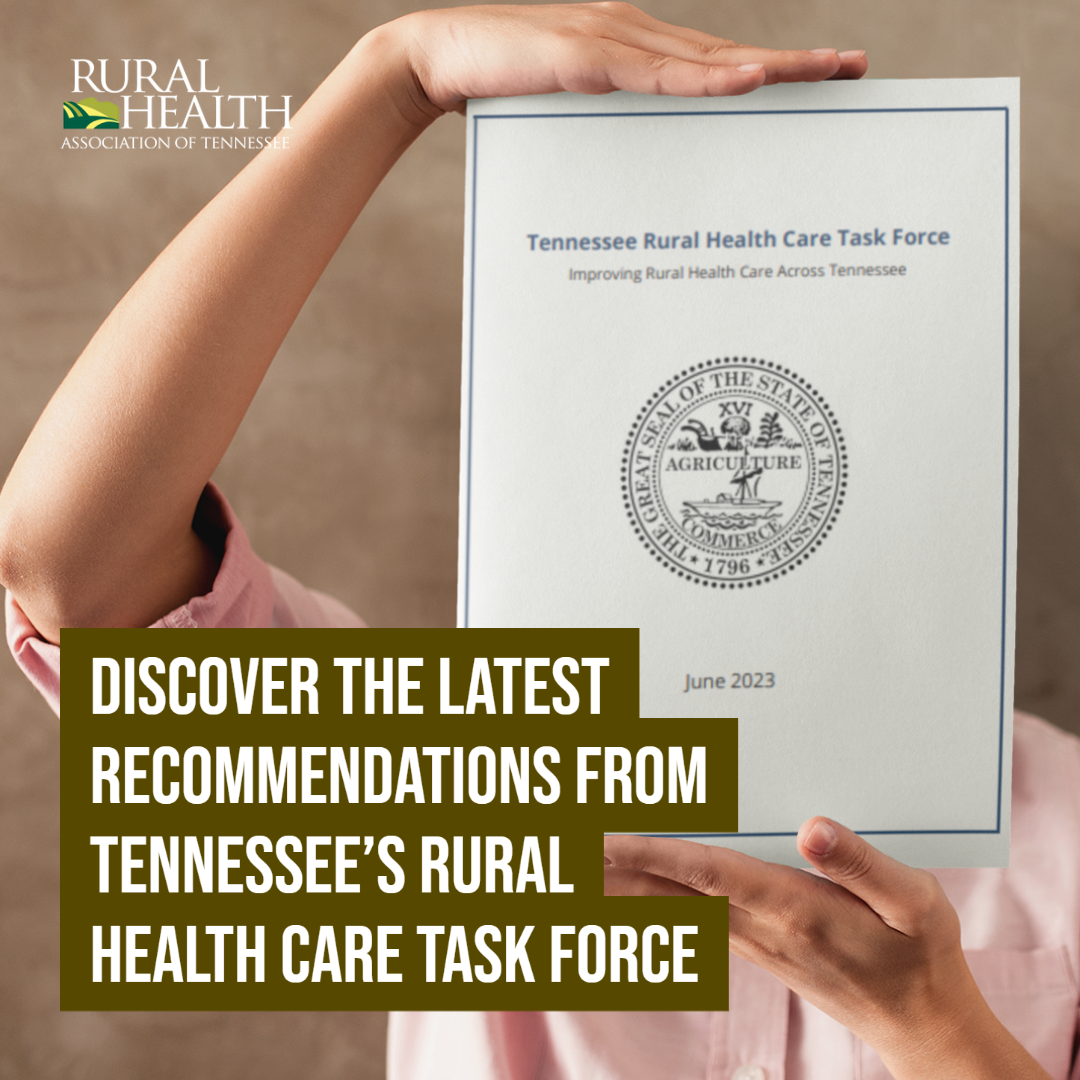 Tennessee's Rural Health Care Task Force, formed in June 2022 by Governor Bill Lee, has released a number of recommendations aimed at improving access to care and health outcomes for rural Tennesseans. In the report are recommendations to increase access to care, train healthcare professionals, and address social drivers of health.
Tennessee's Rural Health Care Task Force, formed in June 2022 by Governor Bill Lee, has released a number of recommendations aimed at improving access to care and health outcomes for rural Tennesseans. In the report are recommendations to increase access to care, train healthcare professionals, and address social drivers of health.